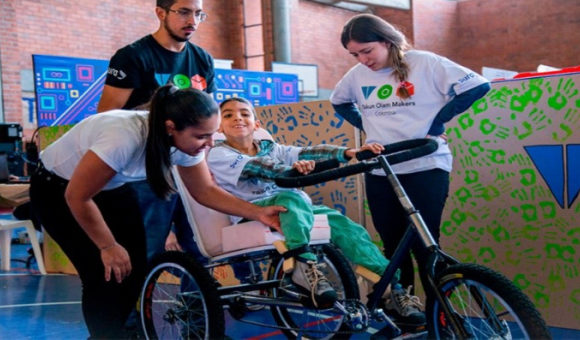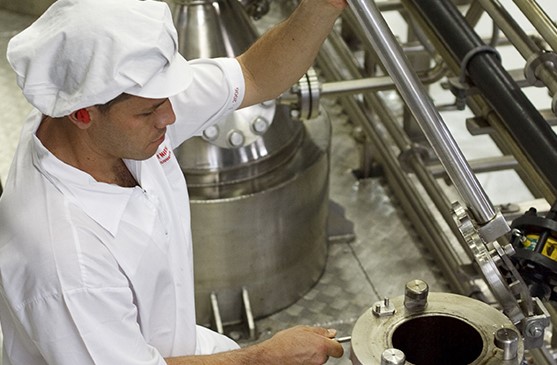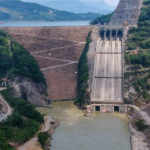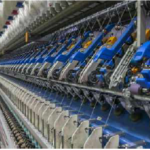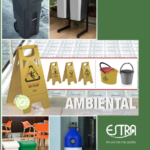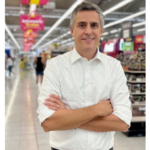U.S.-Based Foundation in Medellin Expanding High-Tech Aid for Poorer Farmers
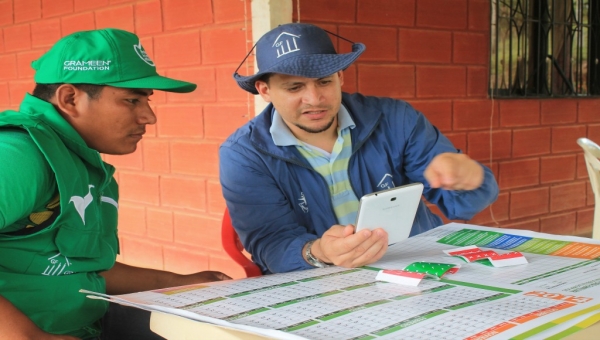
Washington, D.C.-based non-governmental organization (NGO) Grameen Foundation announced December 1 that it just hired former Colombian Corporation for Agriculture and Livestock Research (Corpoica) planning director Fernando Henao Velasco as its new, Medellin-based director for all rural-aid projects in Colombia.
Henao’s “deep knowledge of Colombia’s agricultural sector and the strong alliances he has built over years make him the ideal person to lead our team,” said Grameen interim CEO David Edelstein.
In 2013, Grameen began working with the departmental government of Antioquia’s “MANA” project as well as the United Nations Food and Agriculture Organization (FAO) on the “Gardens of Opportunity” program in Antioquia.
“Through this initiative, MANA technicians use the ‘TaroWorks’ [computer program] to digitize a formerly paper-based operation and added valuable digital training content,” according to Grameen.
The technicians involved in the MANA project “can now collect, process and analyze data in real-time, which streamlines decision-making and reduces travel costs and data collection time.
“The [Antioquia] government uses the information to build socio-economic profiles of participant families and then works with them to increase production in their backyard gardens, thereby improving regional food security.
“As of July 2014, 213 agricultural technicians have collected information from 29,460 families in 125 municipalities. Our goal is to support 35,000 families living in vulnerable communities and rural areas of Antioquia,” according to Grameen.
Asked for more information about Grameen Foundation’s work in Antioquia specifically and Colombia generally, Grameen’s marketing group leader Liselle Yorke told Medellin Herald the following:
Medellin Herald: Is Grameen’s goal mainly to help coffee farmers in Colombia?
Yorke: Globally, Grameen Foundation focuses on helping poor, underserved communities, usually in rural areas, to increase their income and become more financially secure by providing access to financial and agricultural services.
In Colombia, we have worked with coffee and general-produce farmers, helping them to improve their productivity and the quality of their crops, and access more-lucrative markets. Through our work, we also help to improve food security and nutrition in their communities.
Medellin Herald: Exactly how do you help these farmers?
Yorke: We have three main objectives in Colombia: first, to integrate smallholder farmers into market value chains so that they can earn more; second, to help farmers improve their productivity and the quality of their crops; and third, to help measure and document changes in consumption, crop diversification and food security
Our approach harnesses the increasing reach of mobile technology, the influence of local advisors that serve as change agents in communities, and our expertise in data insights.
We work with farmer cooperatives, local government agencies and other stakeholders to give farmers access to the best information possible on market prices, treating pests and diseases, and important certifications and quality standards for their crops.
The information is provided through a network of trained local advisors (called ‘Lideres Productores’) equipped with mobile phones or tablets. They also collect information from the farmers to help them develop management plans for their farms, and also to give [aid-project] stakeholders better insight into farmers’ financial and market needs.
We also connect farmers to markets — and we are developing a scoring tool that aims to provide lenders with better information about farmers’ needs so that they can receive appropriate financing.
Medellin Herald: Are the Grameen projects in Antioquia department solely related to the ‘MANA’ backyard vegetable garden projects, or do your efforts also involve coffee farmers in Antioquia?
Yorke: In addition to MANA, we also worked with the Coffee Growers of Salgar cooperative (‘Coocafisa’) to connect its members to markets through the Cafeteros Conectados initiative, supported by Starbucks. This enabled farmers to connect directly to Starbucks’ supply chain, as well as to buyers and financial institutions, and also helped members to earn certification from Starbucks’ C.A.F.E. practices.
Medellin Herald: How many farmers are being helped?
Yorke: Grameen Foundation has helped nearly 42,000 farmers’ families and participants of the projects in the last two-and-a-half years. This represents roughly 189,000 beneficiaries. About 59.5% of these families were under the poverty line and 23% under the extreme poverty line, while 70.52% were ‘food-insecure’ and 43% of the heads-of-households were women.
Medellin Herald: What is the estimated net impact on income improvement (per-farmer) as a result of the Grameen projects?
Yorke: It’s too early to determine the net impact on income per farmer, but results to-date do point to income increase of the beneficiaries.
For example in MANA’s ‘Backyard Gardens’ program, it was found that the families save nearly COP$67,000 [about US$20.40] monthly through the consumption of what they produce in their backyard garden. This represents nearly 28% of what a [poor] family spends in groceries each month. This is a very important result since it shows an increase in consumption of other produces such as meat and dairy. It can also represent savings and it also shows a 100% social investment return rate for the government of Antioquia, which has been investing COP$820,000 [about US$250] per-family over two years of the MANA program.
In coffee projects, the adoption of good agricultural practices is a key measure. We saw an adoption rate of 90% of the participants, which according to each farm management plan should point to an increase of productivity and quality that in normal conditions of the market should represent an increase in income.
Medellin Herald: Are there specific grocery chains in Colombia (such as Carrulla or Exito) that are buying from the farmers involved in any of your projects?
Yorke: Exito, Alkosto, La 14, Cencosud and Olimpica buy produce from smallholder farmers in Nariño that are involved in our ‘mSourcing’ initiative. The farmers belong to 11 different smallholder farmers’ organizations that work with an aggregator called Alsur (Alianza Hortifruticola del Sur).
Alsur uses a model developed by Grameen Foundation that allows smallholder farmers to be integrated to the market in a more efficient way. AlSur uses our ‘TaroWorks’ app (back-ended into ‘Salesfoce’) to receive, allocate and track orders between the grocery chains, farmers and co-ops. This allows Alsur to fill orders more quickly and efficiently, and to process payments to farmers more quickly. This system replaces a paper-and-board allocation-and-delivery system and has already reduced the weekly administrative time by 40 hours (across three people) and cut the payment post-delivery time from 40 to seven days.



